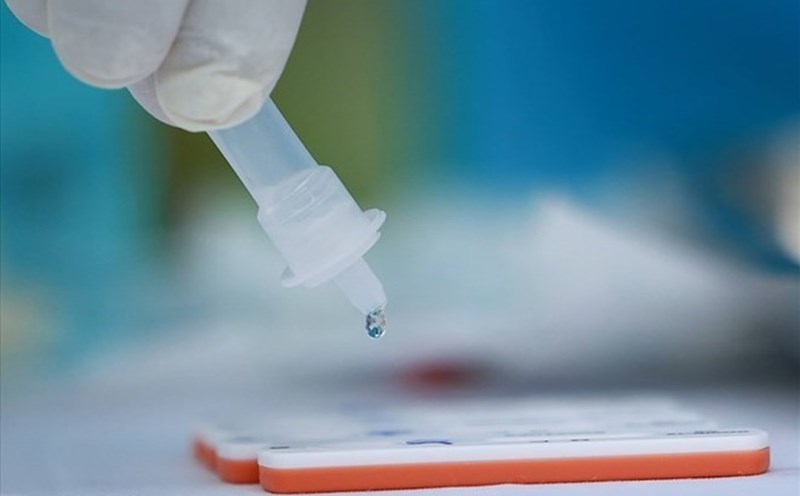The COVID-19 pandemic not only causes physical damage but also has long-term impacts on the brain, even for people who have never been infected with the virus. A new study published in the journal Nature Communications on July 22, 2025 has reached a worrying conclusion: on average, the brains of adults live through the pandemic aging 5.5 months faster than those before the pandemic.
zzlement of the brain due to pandemic: no need to get sick but still affected
The study used brain scanning images from more than 1,000 people during and after the pandemic, comparing them with previous data to serve as a standard for normal aging. It is noteworthy that this aging does not depend on whether participants have had COVID-19 or not.
Brain scans show marked changes in areas related to memory and emotional regulation, including in people without the disease, says Dr. Neha Kapoor, Deputy Director and Head of Neurology at Asia Hospital (India). This shows that social stress and changes in living habits during the pandemic also affect brain structure".
How are gray, white, and memory affected?
The study has evaluated many indicators, including:
Grain and white matter
cognitive processing ability
Biological age of the brain
Gray matter, the part of the brain that involves memory and emotional regulation, was found to be impaired in many people in the study group. At the same time, white matter, which plays a neurotransmitter role, is also affected, reducing the effectiveness of information processing.
Not only people with severe COVID-19 experience brain damage, warns Dr Kapoor. Even mild cases or people without illness but are isolated for a long time also show early neurological aging."
Who is the most vulnerable?
According to the Center for Science Communication, the following groups are at risk of faster brain aging:
Elderly people and men
People with poor health or underlying diseases
Low-income people, low-educated people or unstable jobs
Notably, people with unstable jobs have an average brain age increase of 5 months; people with poor health have an increase of about 4 months.
Solutions to protect the brain after the pandemic
Although the study does not provide specific remedies, experts say that some healthy living strategies can help improve nerve health:
Nutritious diet: Foods rich in omega-3, vitamin B and antioxidants have been shown to support brain function ( Nutritional Supplement Administration, NIH).
Regular physical activity: Helps improve blood circulation and protect brain tissue.
Quality sleep: Important for brain recovery and memory consolidation.
Increase social interaction: Reduce isolation, stay positive.
Intellectual activities: Unwritten letters, reading, learning new skills to stimulate the brain.
Cognitive screening and mental health care should be part of post-COVID-19 care, recommends Dr. Kapoor. This not only helps with recovery but also prevents long-term effects on brain function".











